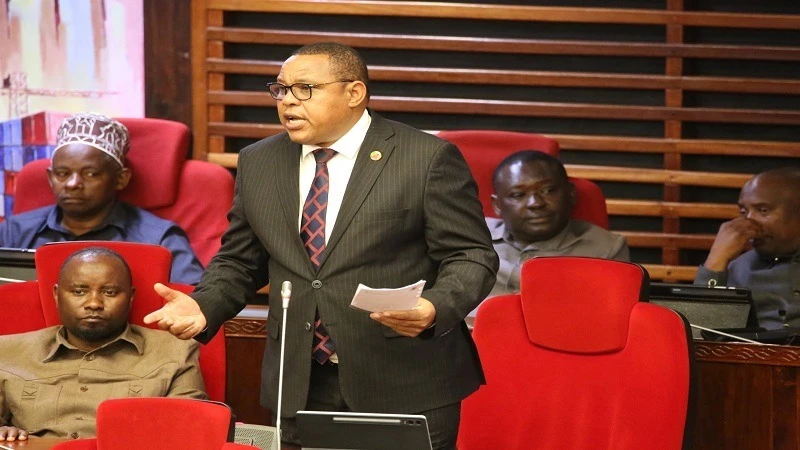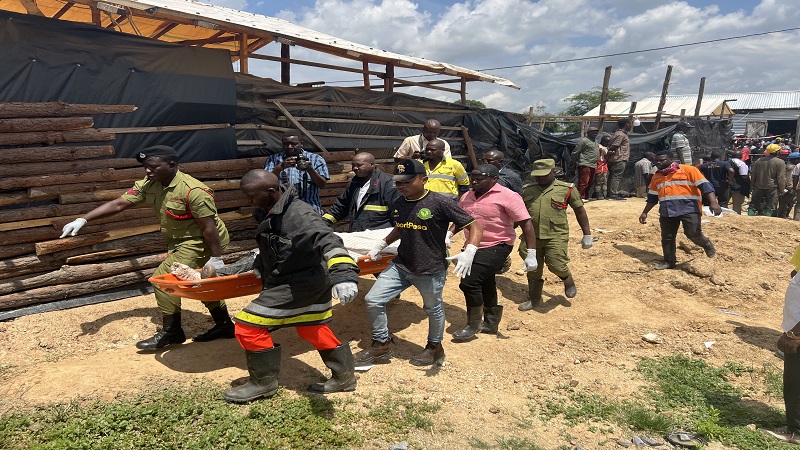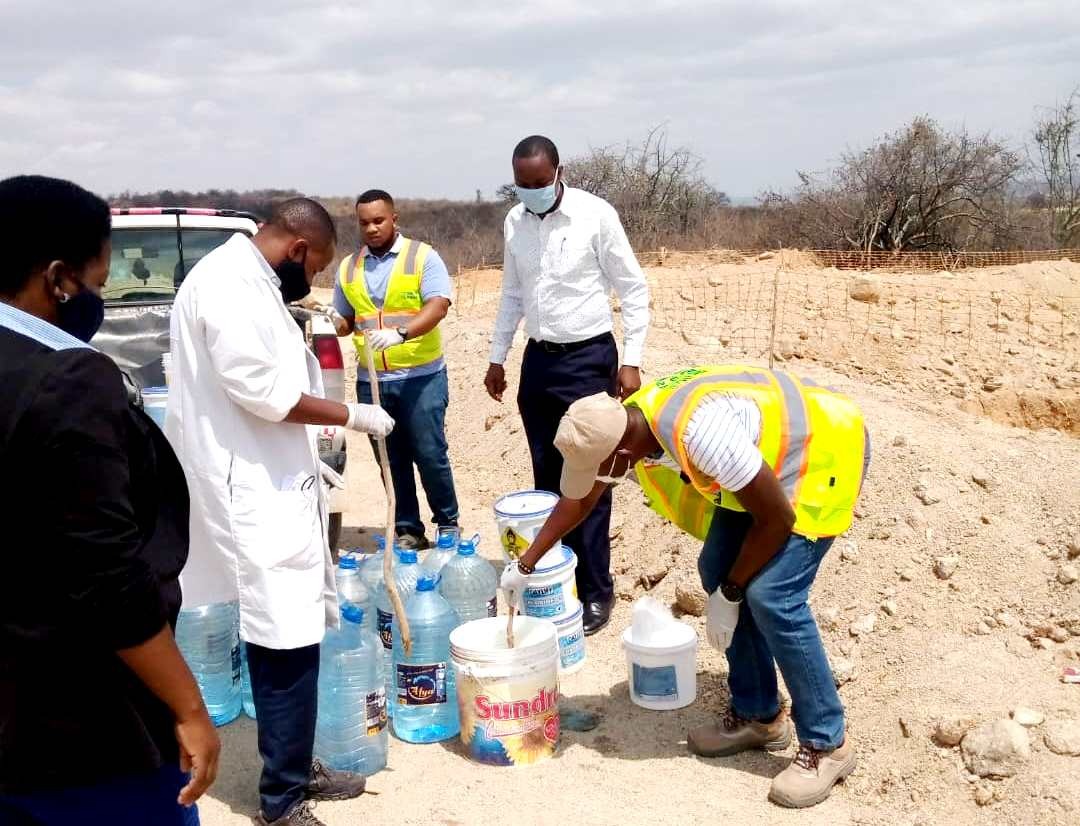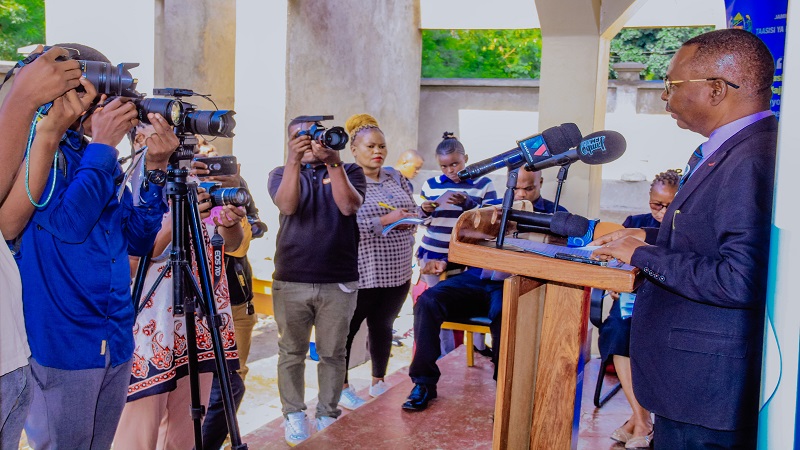Tanzanians urged to take charge in preventing zoonotic diseases
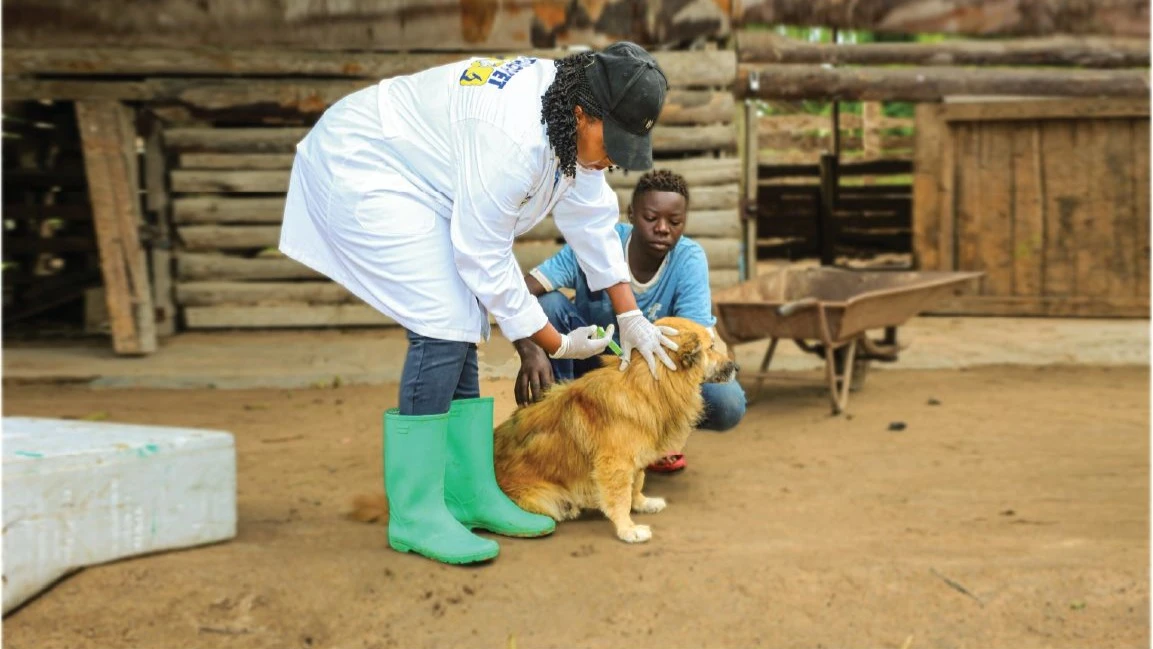
ASSISTANT Director for One Health at the Prime Minister's Office, Dr Salum Manyatta has urged Tanzanians to take responsibility for their health by adopting good hygiene practices and seeking medical attention whenever they suspect they have contracted a zoonotic disease.
Dr Mnyatta insisted on the need for sudden reporting of animal deaths to veterinary professionals within their communities.
He made the statement recently when speaking at a celebration to mark the World Zoonosis Day which honours the pioneering work of Louis Pasteur, who successfully administered the first rabies vaccine on July 6, 1885.
This annual observance is a reminder that zoonotic diseases remain a significant public health challenge, with recent statistics showing that 60 percent of all outbreak-causing diseases originate from animals.
Six zoonotic diseases have been prioritized in Tanzania due to their significant impact on the community: rabies, anthrax, brucellosis, viral hemorrhagic fevers like Marburg and Ebola, zoonotic influenza, and human African trypanosomiasis/sleeping sickness.
“Rabies is a major concern due to its high fatality rate and high incidence among children,” said Dr Manyatta.
Dr Stanford Ndibalema, Assistant Director for Veterinary Public Health at the Ministry of Livestock and Fisheries said: “Zoonotic diseases can be transmitted through various routes, including direct contact with infected animals, contaminated food consumption, improper food handling, and inhalation of particles, bites and scratches from infected animals. "Consumption of meat that has not been properly cooked and unsupervised handling of dead animals can lead to the transmission of diseases like anthrax.”
He added: “We urge the public to adopt positive preventive and treatment behaviours such as vaccination of animals, proper cooking of food, and proper handling of dead animals.”
To combat these diseases, the government has launched a national campaign dubbed ‘Holela Holela Itakukosti’ (Recklessness is Costly) aiming to encourage Tanzanians to take responsibility for their health by adopting good hygiene practices.
The campaign is implemented by the government through the Prime Minister's Office and Ministry of Livestock and Fisheries in collaboration with the United States Agency for International Development (USAID), through the Breakthrough ACTION project.
Top Headlines
© 2025 IPPMEDIA.COM. ALL RIGHTS RESERVED












